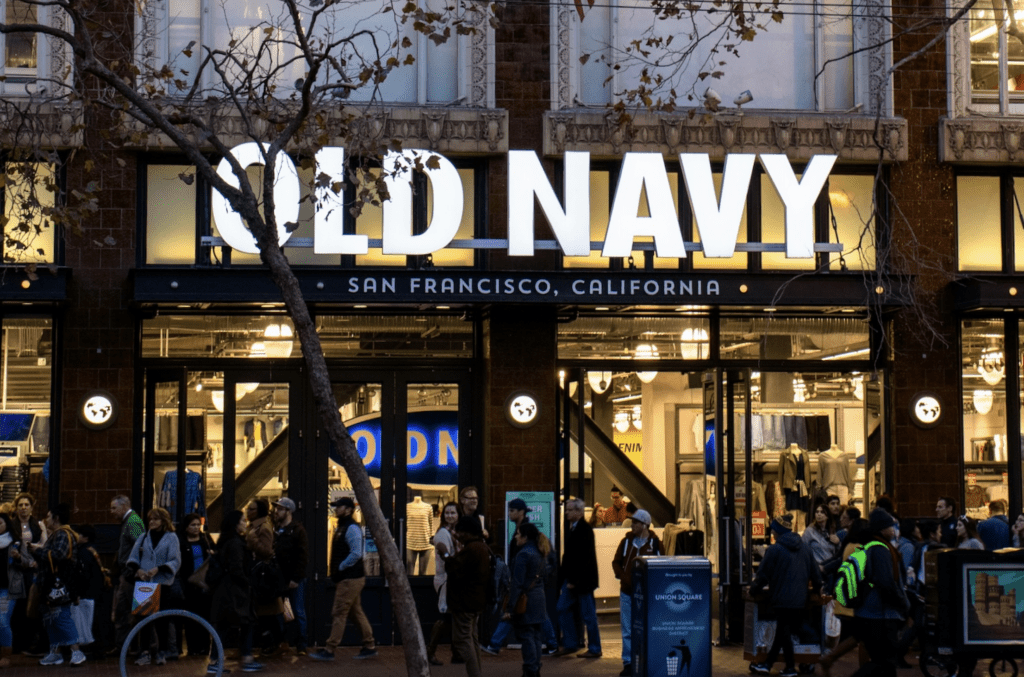The Supreme Court struck down the Biden administration’s student loan forgiveness plan on June 30. In Biden v. Nebraska, the court ruled (6-3) that the secretary of education does not have the authority to forgive $430 billion of student loans under the Health and Economic Recovery Omnibus Emergency Solutions Act. The decision kills the president’s proposed plan to forgive up to $10,000 in student loans per borrower for those with incomes under $125,000 per year, or $250,000 per year for couples. Under the president’s plan, those who received Pell Grants would have been eligible to cancel up to an additional $10,000 in student loans.
Just hours after the decision, President Biden announced a new effort to forgive student loans under the Higher Education Act of 1965. To give borrowers time to “get back up and running,” Biden stated that the Education Department will not refer borrowers who do not pay their student loan bills to credit agencies for 12 months.
In the majority opinion, Chief Justice John Roberts – joined by his five other conservative colleagues – stated, “The HEROES Act allows the Secretary to ‘waive or modify’ existing … financial assistance programs under the Education Act, but does not allow the Secretary to rewrite that statute to the extent of canceling $430 billion of student loan principal.”
Currently, over 43 million Americans owe $1.64 trillion in federal student loans, with an average balance of $46,000. These student loan borrowers have not had to make payments on their federal loans – or accrue interest on those loans – since March 2020, when the Trump administration put the payments on pause due to the COVID-19 pandemic. But that will change on September 1, 2023 (just ahead of the holiday shopping season), when interest will once again begin to accrue on outstanding student loans. Payments on the actual loans is set to resume in October 2023, and when they do resume, the average student loan payment is expected to be between $200 and $500 per month.
For those that resume making their federal student loan payments on time, this may lead to an increase in their credit score, while those that miss the first payment after payments resume can expect their credit score to fall. (Prior to the student loan pause, approximately 7.5 million borrowers – out of 43 million – were in default on their federal student loans.)
THE BIGGER PICTURE: It is estimated that student loan borrowers pay about $70 billion a year on their federal student loans. Any economic benefit that borrowers may have gotten from the suspension of student loan payments is likely to have already been absorbed into the economy over the past three years. In other words, any money borrowers had to spend as a result of the student loan pause has already been spent on other things. With the resumption of student loan payments, there will likely be a small but negative impact on the economy. This reduction in spending on goods and services is estimated to reduce economic growth by about 0.4 percent. When student loan borrowers begin to repay their loans in October, those dollars will no longer be available to spend on other things.
Naming names, Wells Fargo analysts expect some of the retailers that will be “most exposed” as a result of the student loan forgiveness cancellation ruling to be those that “sell a lot of discretionary merchandise, including Bath & Body Works, T.J. Maxx parent TJX Cos., Dick’s Sporting Goods, and Best Buy,” with experience-driven companies – like FanDuel’s parent company Flutter Entertainment, DraftKings, and Lifetime Fitness – also at risk. Meanwhile, Barclays says companies like American Eagle Outfitters, Urban Outfitters and Figs are “the most vulnerable” thanks to their popularity among recent college graduates and newly employed.
William Chittenden is an Associate Professor of Finance at Texas State University. (This article was initially published by The Conversation.)











